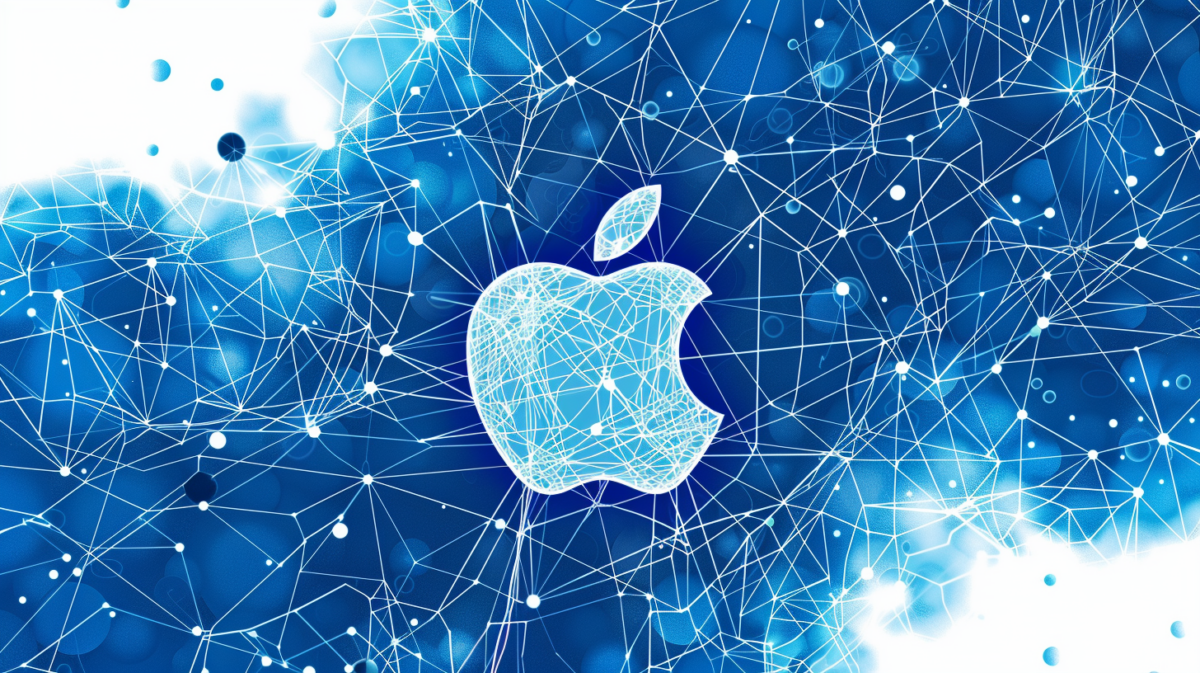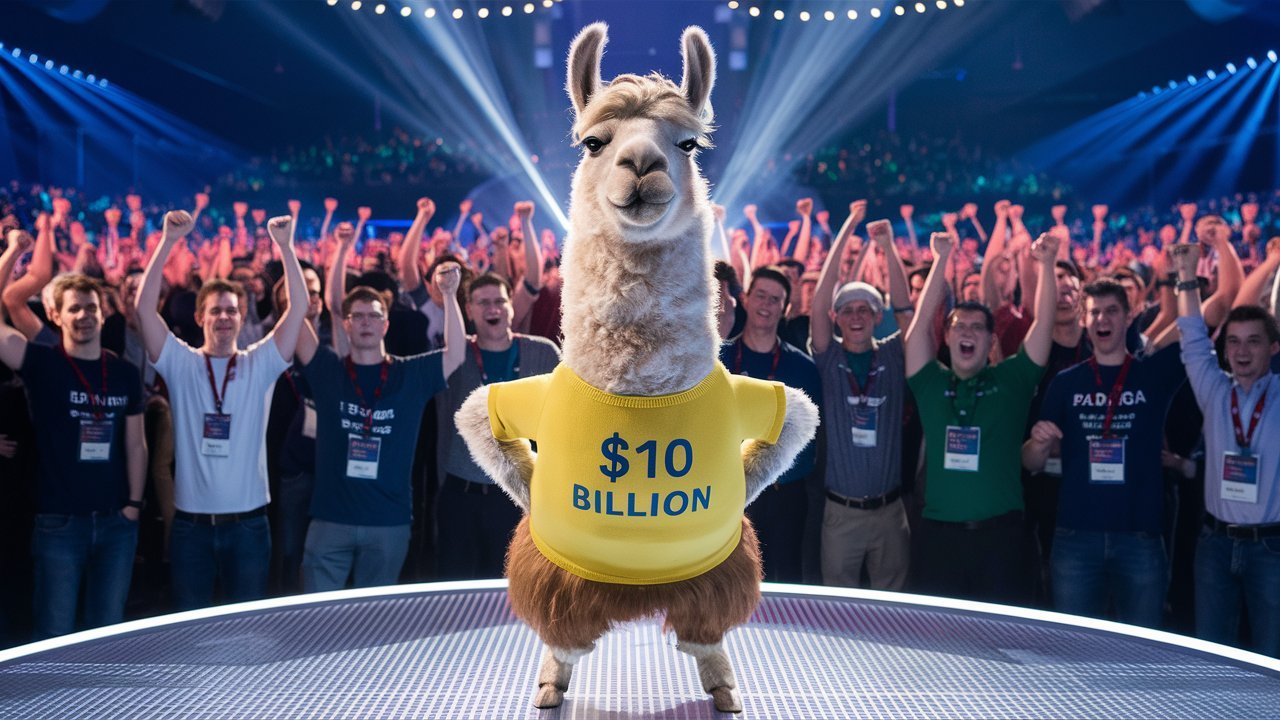Microsoft Bing copies Google’s Search Generative Experience with new AI search feature

Microsoft has introduced a new generative search feature for Bing, currently rolling out to a small percentage of search queries. The feature integrates AI-generated answers into the existing search results page.
For a search query like “What is a spaghetti western?”, Bing now displays an AI-generated answer that delves into the film genre in detail, including its history, origins, and well-known examples. The information is accompanied by source citations and links for further reading.
Video: Microsoft
According to Microsoft, the new feature uses both large and small language models (LLMs and SLMs) to understand the search query, evaluate millions of information sources, and dynamically assign content. The result is presented in a new AI-generated layout designed to more effectively fulfill the intent of the search query—and it looks like a copy of Google’s Search Generative Experience.
Ad
Microsoft says AI search results will preserve clicks to sources
Microsoft emphasizes that the generative search was developed with a healthy web ecosystem in mind. Initial data suggests that the number of clicks to websites will be maintained, according to the company. Whether these results will be confirmed with a broader rollout is doubtful – so far, Google’s SGE or Perplexity and the newer Pages feature are copying website content and give users less reason to click on links.
The new feature will be introduced gradually, and Microsoft wants to gather feedback. Google had a negative experience with the broad introduction of SGE in the US, and Microsoft may want to avoid that—especially since the company has already generated enough negative headlines with the rapid introduction of Copilot due to questionable answers and search results, such as on political issues.











